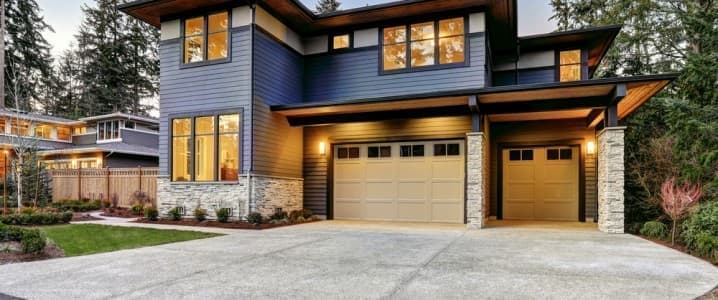The National Association of Home Builders (NAHB) has been at the forefront of resistance against new energy efficiency standards, inflating costs and impeding progress, thereby misleading the public.
Across various states, governments recognize the importance of energy efficiency in homes for achieving climate objectives. However, they encounter opposition from home builders, citing concerns over profit margins and the need for retraining in new construction methods.
Despite this resistance, energy efficiency, including in household appliances, remains a critical strategy for reducing greenhouse gas emissions and managing global energy demand. Studies underscore the long-term cost savings for consumers on heating and electricity bills. So why the pushback against energy-efficient housing standards?
A significant factor is the concerted effort by NAHB, the largest lobbying group in the U.S. housing industry. While it’s true that stricter energy efficiency mandates in new homes increase initial costs, the figures presented by the home-builder lobby have been greatly exaggerated.
The Fight for Energy-Efficient Homes is Escalating Across America. (Credits: EWG)
For instance, in North Carolina, NAHB claimed that proposed standards would raise average building costs by $20,400, whereas federal studies found the actual increase to be around $6,500.
This misinformation campaign has reverberated across states like Colorado, Michigan, Alabama, and Idaho, where similar battles between the housing industry and state governments are underway. Governments see energy efficiency in homes as a crucial component of their climate strategies. Meanwhile, home builders worry about profit margins and the challenges of adapting to evolving construction standards.
Elizabeth Beardsley, senior policy counsel at the U.S. Green Building Council, attributes the industry’s pushback to a fear of change, which has intensified amidst rising construction costs following the COVID-19 pandemic. She emphasizes the importance of regular updates to building codes to facilitate gradual adaptation within the market.
Energy efficiency in housing might not capture the public imagination, but its ramifications are profound. Inefficient buildings contribute significantly to greenhouse gas emissions, accounting for nearly a fifth of national emissions.
Household appliances, notorious for their energy consumption, have become a focal point of policy debates. Despite their unpopularity, energy efficiency standards are imperative for emissions reduction in developed nations.
As highlighted by the World Economic Forum and the International Energy Agency, energy efficiency measures offer substantial benefits. Accelerating progress in this realm could lead to a remarkable reduction in energy demand, equivalent to China’s total consumption. Ultimately, the adage holds true: the greenest energy is the energy we don’t use.
